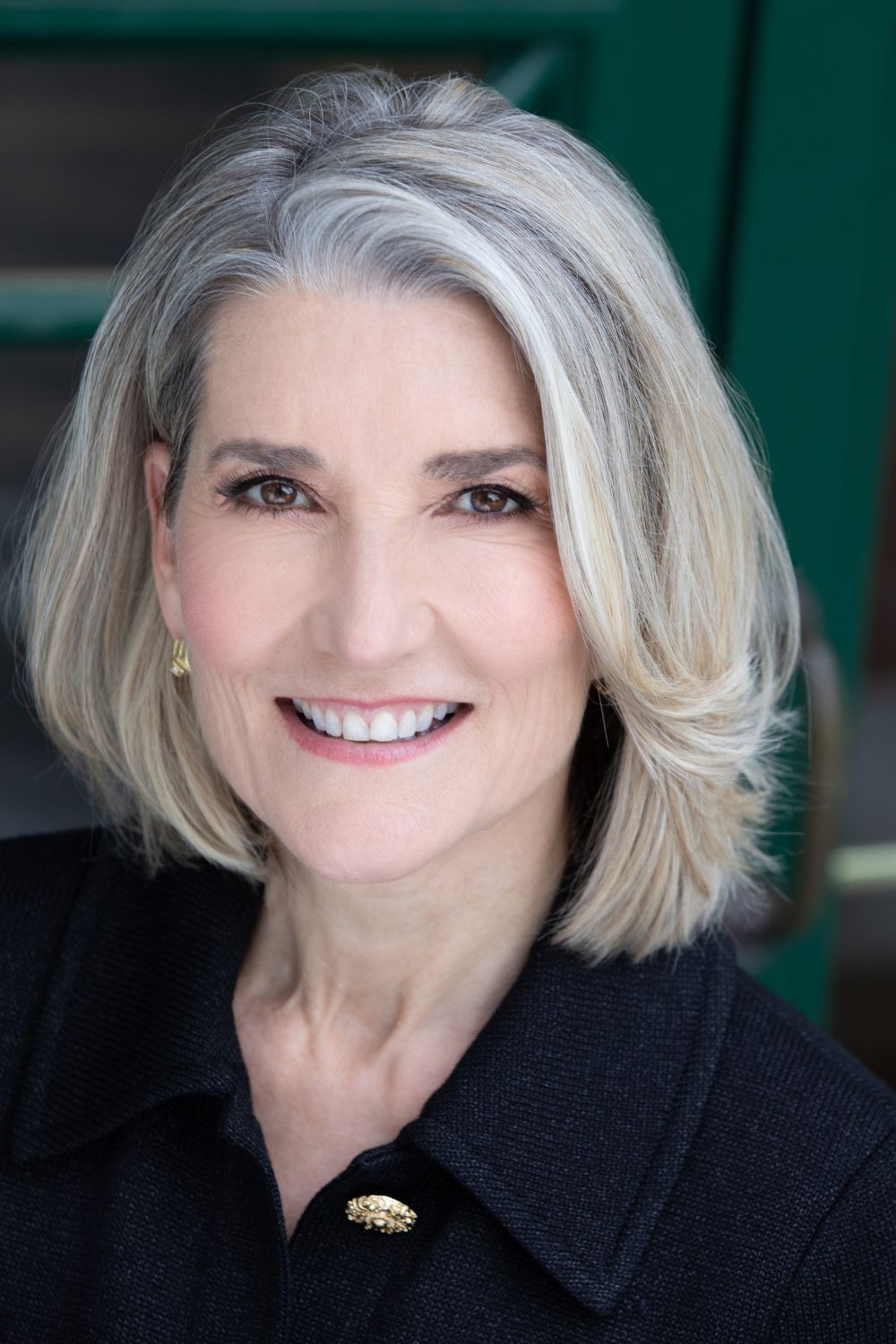
An Atana Special Bonus for DEI Teams
Following her award-winning book, Right Kind of Wrong: The Science of Failing Well, Amy Edmondson shared ideas in a 2024 Time article—Failure is a Privilege—that will resonate with every learning and development (L&D) and human resources professional who is responsible for organizational DEI (diversity, equity, and inclusion) initiatives.
In an exclusive conversation with Atana—itself an award winner for training programs on prevention of unconscious bias and other DEI concepts—Edmondson spoke about the article’s insights on why aspirations to succeed must include license to fail—especially for women and minority employees.
Atana: Your Time article discusses revealing connections between female and minority employees and their perceptions of safety to fail. And you describe, in essence, the cognitive process of unconscious bias. How would inclusion and diversity teams see those ideas show up in their organizations?
AE: This is a challenge in our broader culture. But I think most thoughtful organizational leaders know and recognize that we are not on a level playing field with respect to different groups (gender, race, or others) who are underrepresented in positions of power. Factually, this is about a couple of things.


Amy Edmondson, Novartis Professor of Leadership and Management at the Harvard Business School and renowned researcher into psychological safety in organizations.
When you have someone from an underrepresented group in a particular role what happens, just because of a natural, and unconscious, psychological process, is that we don't see them simply as individuals in that role. Rather, we see them as representatives of a group. Whether that is African Americans, women, or another category.
If that person makes a mistake or has a failure it is quickly cognitively connected in our brains to their category. It is simply a fact that our brains will do that. The good thing is that we can pause, take a deep breath, and then challenge ourselves. We can push back and say to ourselves, Let’s think about this differently. This is one particular person, this is not the whole category they are representing in my brain.
There is no quick fix for that societal and cognitive combination that still exists today. The only (non-quick) fix is to make it discussable, which is what I tried to start to do in my article.
As human beings, we can learn to have a bit of a sense of humor about ourselves. We can come to see that we make these errors every day. Once these little dysfunctions of our brains are shown to us, once we learn, we can become better equipped to override them. Making those discussable really means that by shining a light on a malfunction, you are better equipped to fix it than if you are blind to it or unaware of it.
Mostly we don't think about license to fail. We think about aspirations to succeed. But aspirations to succeed must include license to fail—for everyone.
Amy Edmondson on L&D’s Role in Building Psychological Safety at Work
In an exclusive conversation with Atana, Edmondson shared her insights on how L&D can enable the high levels of psychological safety needed to drive superior performance in today’s organizations. Read the article.
Atana's Unintentional Still Hurts: Overcoming Unconscious Bias training program effectively enhances learners' awareness of personal biases that can influence everyday workplace decisions and block inclusion. The program incorporates behavioral questions that assess learners' attitudes and beliefs about desired workplace behaviors as they engage with the content. Atana’s advanced analytics engine then aggregates and analyzes this data, presenting it on a dashboard that offers organizations insights into knowledge gain, behavioral intent, next steps, and training ROI.







